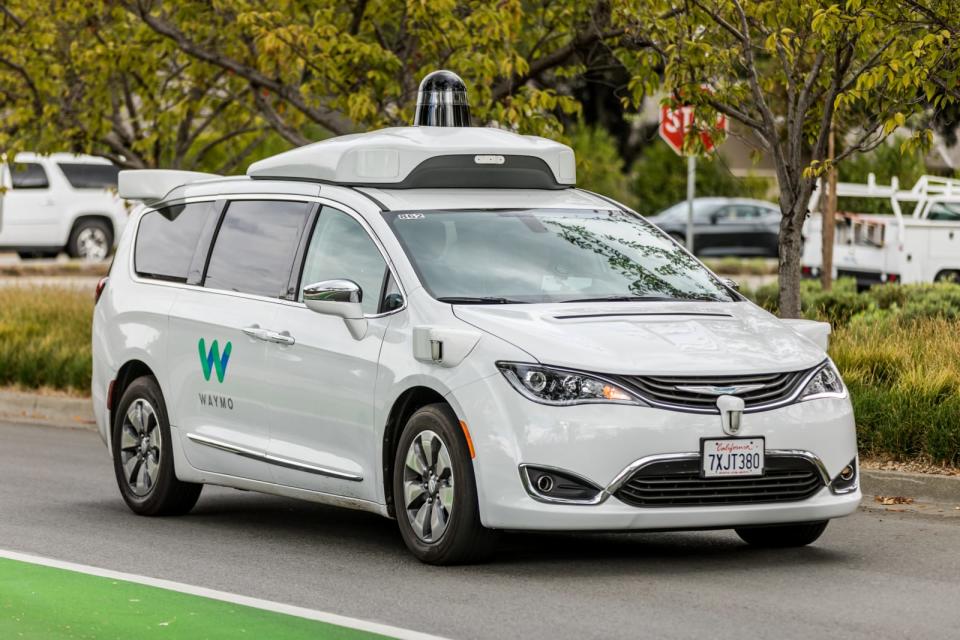Engineer spends $6,000 invalidating Waymo's lidar patents
Now Waymo itself could be sued for patent infringement.
An engineer with no connection to the self-driving industry has spent $6,000 of his own money to stop Alphabet's self-driving car business Waymo from patenting key technology. Following a challenge filed by Eric Swildens, the US Patent and Trademark Office (USPTO) rejected 53 out of 56 claims in Waymo's 936 patent. The reason for his action? He just "couldn't imagine the [lidar] circuit [described in the 936 patent] didn't exist prior," Ars Technica reported.
Filed in 2013 and granted in 2016, the 936 patent was a cornerstone of Waymo's lawsuit against Uber, which began in December 2016. In a nutshell, Waymo accused the ride-hailing giant of infringing its lidar design patent and using intellectual property allegedly stolen by engineer Anthony Levandowski. Uber eventually agreed to redesign its lidar and gave Waymo $245 million worth of equity to settle the rest of the lawsuit. It also promised not to copy Waymo's technology in the future.
Now it turns out Uber may not have had to give in, as most parts of the 936 patent claims were rejected. Moreover, one of the reasons for the rejection is that some of the core design solutions were previously patented by another lidar manufacturer, Velodyne. Coincidentally, Velodyne used to sell its lidars to Waymo before the latter decided to build a product of its own from scratch.
Theoretically, Velodyne could now accuse Waymo of infringing its own 558 patent, based on the USPTO's recent ruling. However, protecting lidar innovation is quite a messy business: Velodyne itself has defended the 558 patent for some time after a startup called Quanergy claimed that it infringed its intellectual property.
Even though the USPTO has given a "final rejection" regarding the 936 patent, there are still ways for Waymo to appeal and fight for it. Swildens also told Ars Technica that he's currently too busy to file any more patent challenges.



